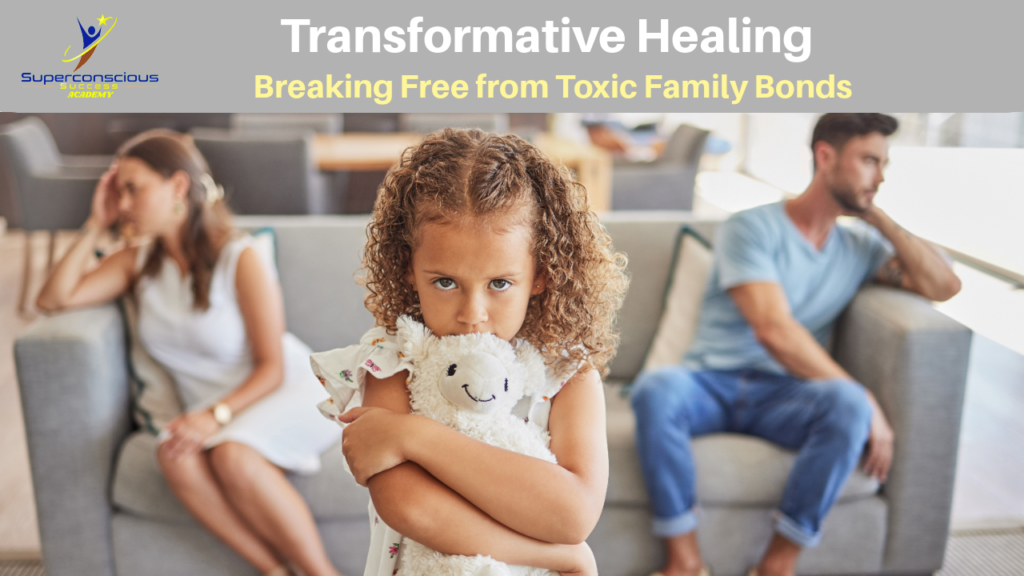
Overcoming guilt and shame in codependent relationships is a challenging but essential process for both individuals involved.
Here are some strategies that can help:
Self Awareness
Developing self-awareness is crucial in your journey to overcome feelings of guilt and shame. Whether you are the caretaker or the dependent, it’s important for you to recognize and acknowledge your emotions. Understanding that these feelings of guilt and shame are not your fault is a significant step towards healing. Remember, you are not alone in this experience; many others are navigating similar challenges. This awareness is your foundation, allowing you to understand and cope with these emotions more effectively.
Setting Boundaries
Setting boundaries is essential in codependent relationships, and it directly benefits both you and your partner.
As the caretaker, it’s vital that you establish boundaries to safeguard your own well-being and avoid burnout. Remember, you cannot pour from an empty cup; therefore, maintaining your health is crucial for sustaining the relationship. Setting these boundaries isn’t an act of selfishness, but rather a necessary step to ensure that you remain strong and resilient.
On the flip side, if you find yourself in a more dependent role, it’s equally important for you to set your own boundaries. This involves taking responsibility for your actions and choices. By doing so, you can start to alleviate feelings of guilt and shame that often come with dependency, paving the way for a more balanced relationship.
Clear boundaries contribute to a healthier dynamic. They help both partners grow individually and as a couple, fostering respect and understanding. It’s about finding balance so that both of you can thrive together.
Seeking Support
Both you and your partner in a codependent relationship can benefit greatly from seeking external support. This might involve engaging in individual therapy, participating in support groups, or even attending couples counseling together. It’s vital to have a safe space where you can openly express your feelings and receive professional guidance. This support can help alleviate the feelings of guilt and shame that often accompany codependency. Moreover, it equips you with the necessary tools and strategies to foster healthier, more autonomous relationships. By addressing these issues, you can begin to build a stronger foundation for both personal growth and a healthier partnership.
Practicing Self Compassion
Understanding and embracing self-compassion is not just beneficial but crucial for both caretakers and those they support. You should recognize that you are doing the utmost with the resources and knowledge available to you. It’s essential that you acknowledge the efforts you’re putting in, and understand that it’s perfectly acceptable—even necessary—to prioritize your own well-being.
Building A Supportive Network
Building a supportive network of friends, family, or community members can greatly enhance your well-being, especially when navigating the complexities of codependent relationships. When you surround yourself with individuals who understand and empathize with your situation, you gain a valuable sense of belonging and validation. This circle of support can mitigate feelings of guilt and shame that often accompany codependency. Moreover, having people who encourage you and hold you accountable can be pivotal in fostering personal growth and improving your relational dynamics.











